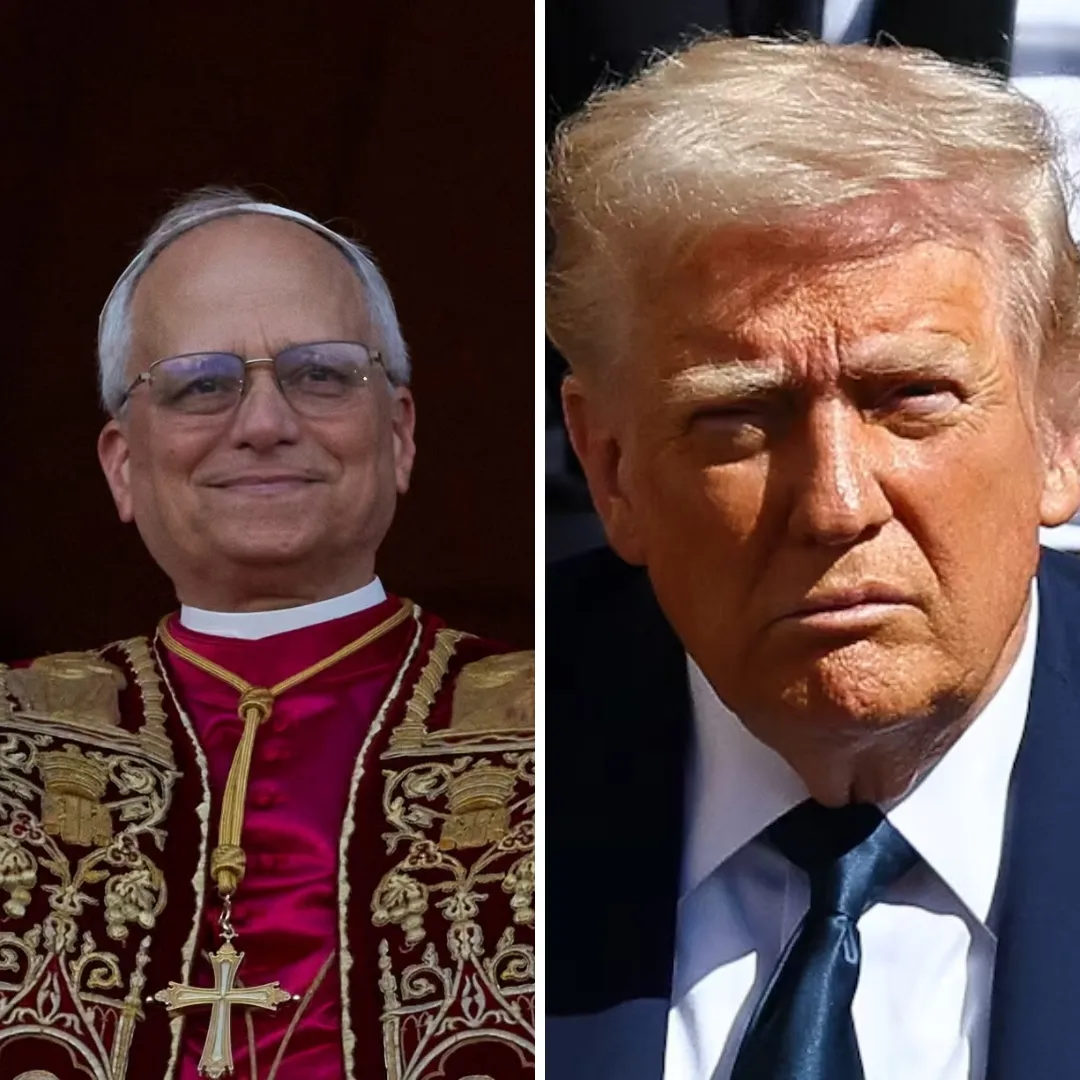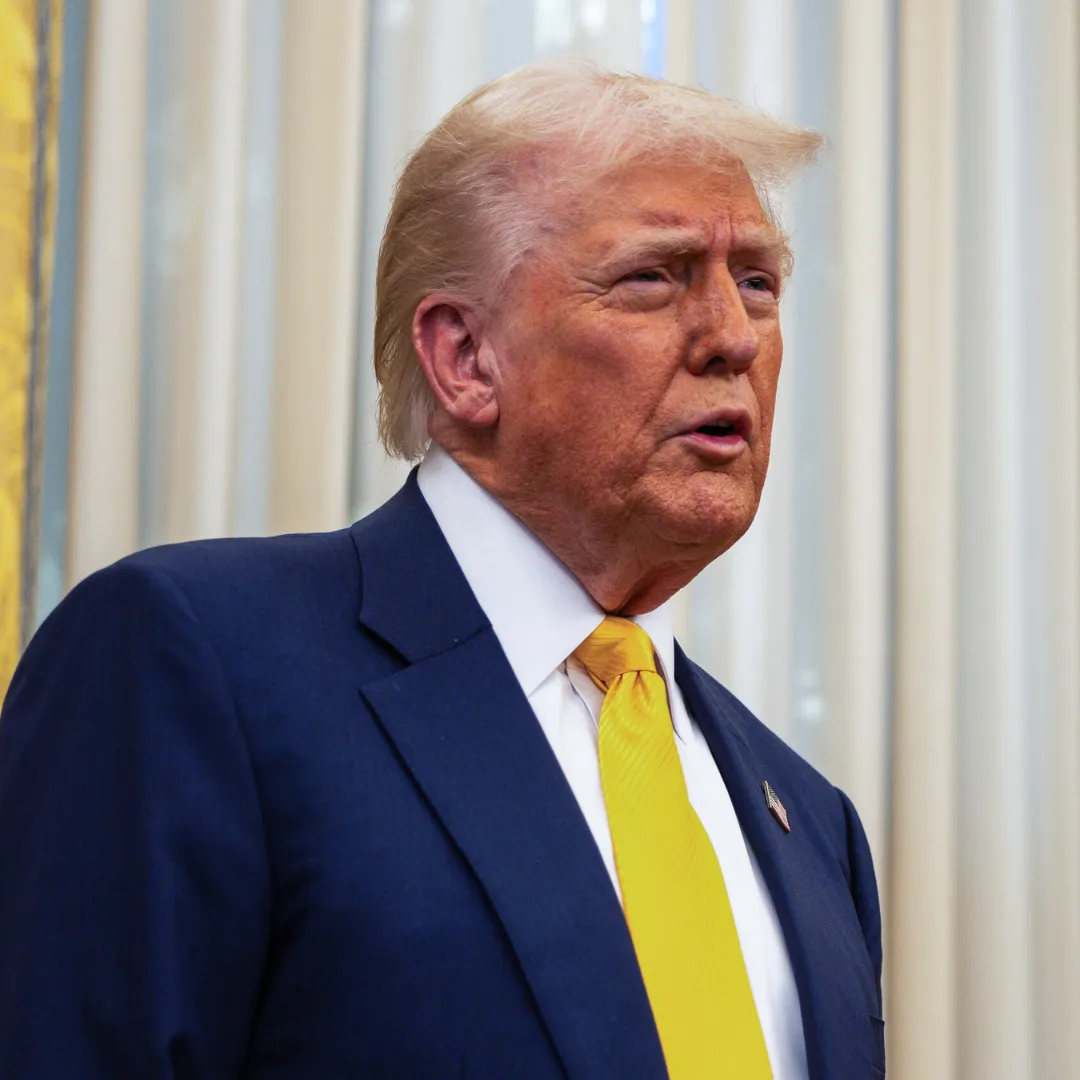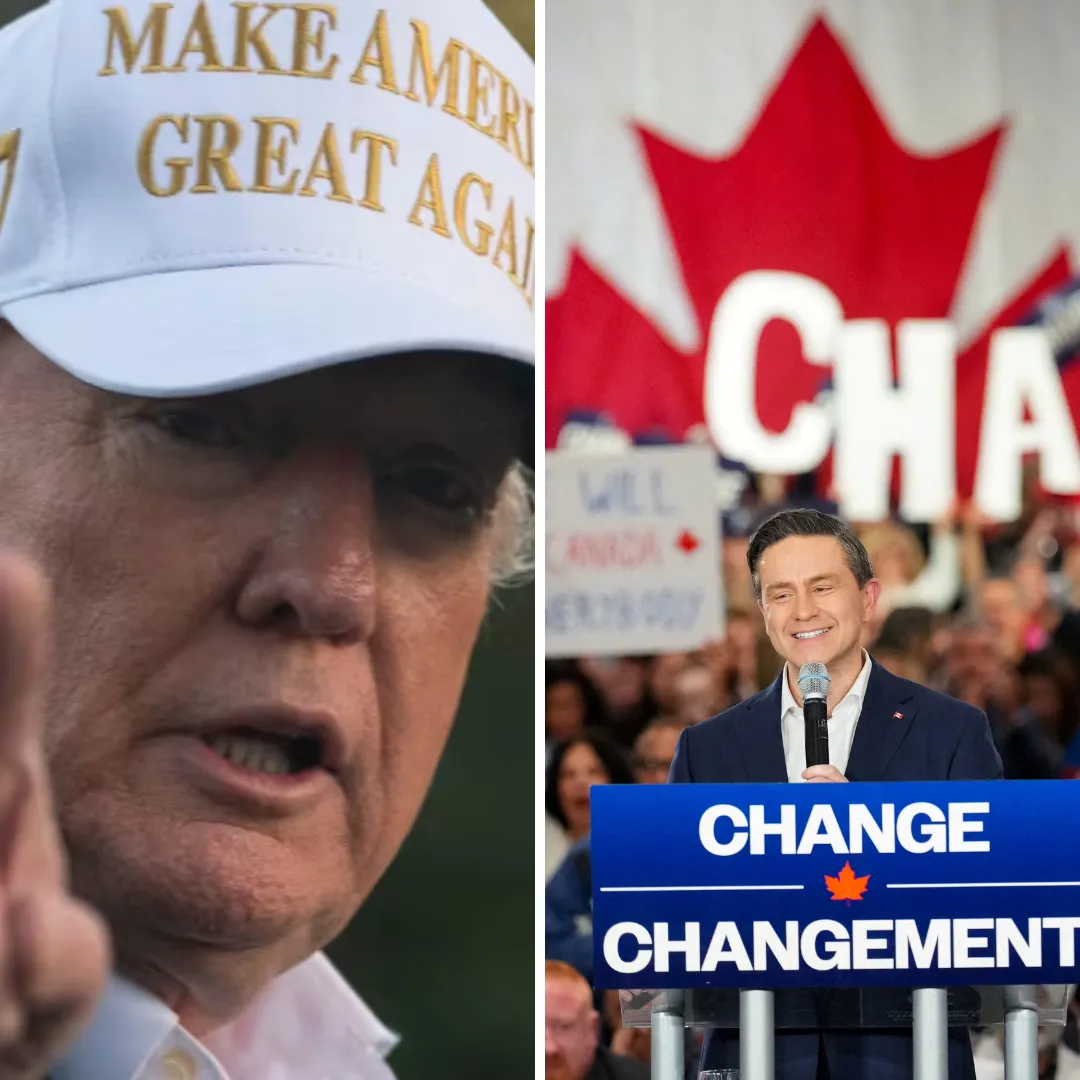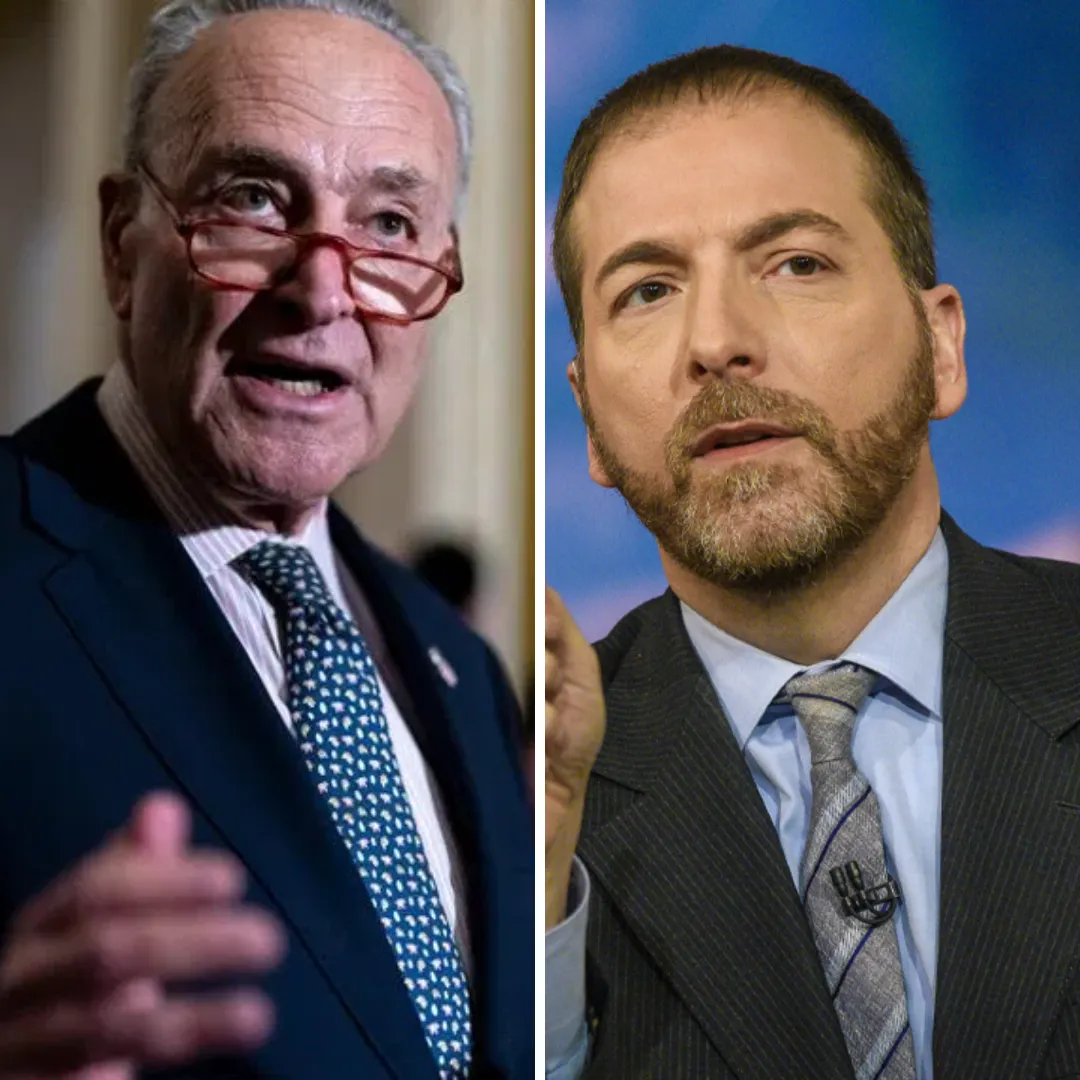
A significant standoff is unfolding within the Vatican as Cardinal Giovanni Angelo Becciu, convicted of financial crimes, insists on his right to participate in the upcoming papal conclave, despite being officially designated as a "non-elector."
Cardinal Becciu, once one of the most influential and respected figures in the Catholic Church hierarchy, has created considerable controversy and debate regarding his eligibility to participate in the election of a new pope, following Pope Francis's passing.
Cardinal Becciu's prominent role in the Vatican included serving as the "sostituto," essentially acting as the papal chief of staff in the Secretariat of State. This position afforded him unparalleled access and influence within the highest echelons of the Vatican’s central administration, allowing him direct, unscheduled access to the pope himself.
His later appointment to head the Vatican’s Congregation for the Causes of Saints further cemented his significant stature within the Holy See's governance structures.
However, Becciu's esteemed career took a drastic downturn following his involvement in a widely-publicized financial scandal centered around a failed property investment in London, which reportedly resulted in losses amounting to tens of millions of dollars for the Holy See.
The scandal triggered an unprecedented internal investigation, placing Cardinal Becciu at the heart of allegations involving embezzlement, fraud, and mismanagement of Vatican funds.

Pope Francis, who had long expressed a firm commitment to reforming the Vatican's complex financial operations, moved swiftly and decisively against Becciu in 2020, ordering him to resign from his rights and privileges as a cardinal.
This decision marked a significant moment in Vatican history, as Becciu became the first cardinal to face and subsequently be convicted by the Vatican's criminal tribunal.
In 2023, the cardinal was handed a five-and-a-half-year prison sentence, an outcome that further deepened the scandal's resonance across global Catholic communities and within Vatican circles.
Despite the severity of the conviction, Becciu has persistently asserted his innocence, launching an appeal process that remains ongoing, allowing him to reside within Vatican City under restricted conditions.
Central to the current dispute is the cardinal's interpretation of his rights regarding participation in the conclave to elect the new pope. Vatican authorities officially listed him as a "non-elector," effectively excluding him from direct involvement in voting procedures.
However, Becciu recently challenged this position publicly, asserting in an interview with a Sardinian newspaper that there was no explicit directive barring him from participating, nor had he formally renounced his electoral rights in writing. This stance has sparked intense debate within the Vatican, as church officials grapple with an unprecedented legal and canonical dilemma.

The task of resolving this contentious matter falls primarily to the dean of the College of Cardinals, Giovanni Battista Re, and Cardinal Pietro Parolin, the Vatican Secretary of State, both responsible for overseeing the conclave's procedural integrity.
Their decision will have significant implications not only for Cardinal Becciu personally but also for broader perceptions of transparency, accountability, and justice within the Vatican’s governance. Critics argue that allowing Becciu to participate could tarnish the church's image, undermining Pope Francis's legacy of financial reform and moral authority.
Despite having lost official privileges, Becciu retains his position within the College of Cardinals, granting him the right to participate in pre-conclave discussions—sessions crucial to shaping the ideological and spiritual considerations of the conclave.
However, controversy continues to surround the precise nature of his remaining privileges and whether they include active electoral rights. At 76 years old, Becciu remains well within the age limit of 80, which Vatican law stipulates as the maximum for participating in papal elections.
The complex circumstances surrounding Becciu’s conviction and appeal underline Pope Francis's broader legacy of combating financial improprieties within Vatican institutions.
Francis notably revised Vatican law, ensuring cardinals could face trial within the Vatican’s legal jurisdiction, a move designed explicitly to address issues of accountability among senior church leaders.
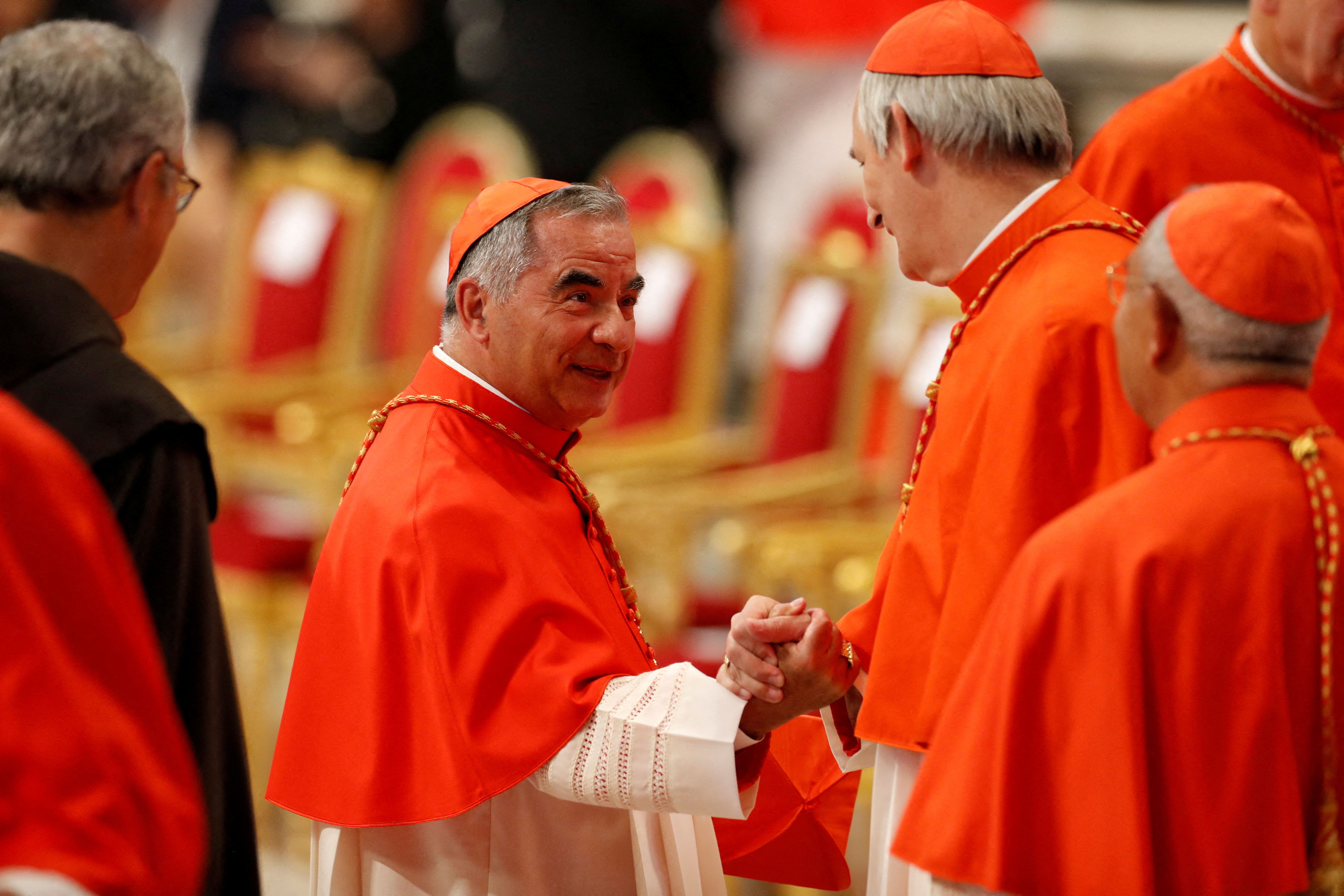
This reform directly facilitated Becciu's trial and subsequent conviction, symbolizing the Pope's determination to enforce ethical and financial integrity within the Holy See’s governance.
The ongoing standoff involving Becciu is drawing considerable attention and concern from both clergy and laypeople worldwide, highlighting broader issues of governance, transparency, and accountability within the Vatican.
Observers note that the resolution of this dispute could set a critical precedent for future cases involving high-ranking church officials accused of misconduct. Furthermore, the situation underscores the continuing tension between traditional church secrecy and the demands for openness and accountability advocated by Pope Francis during his pontificate.
The significance of this conclave extends far beyond the personal circumstances of Cardinal Becciu. It represents a critical juncture for the Catholic Church, poised between maintaining strict adherence to longstanding canonical traditions and addressing contemporary expectations of justice and transparency.
The outcome of this Vatican standoff will undoubtedly influence perceptions of the church's governance and may shape the priorities and character of the incoming papacy.
Cardinal Becciu's insistence on participating in the conclave thus encapsulates broader challenges facing the Catholic Church today, reflecting ongoing struggles to reconcile internal traditions with external demands for transparency and accountability.
This complex and unprecedented dispute highlights the critical need for clarity and consistency in church governance, potentially paving the way for significant structural and procedural reforms.
The resolution will likely have lasting implications for how the Vatican navigates issues of ethical governance, judicial fairness, and institutional transparency moving forward.

In conclusion, the unfolding Vatican standoff surrounding Cardinal Giovanni Angelo Becciu's role in the upcoming conclave is emblematic of broader institutional tensions within the Catholic Church.
It tests the church's ability to maintain traditional governance practices while adapting to contemporary demands for greater transparency and accountability.
As Vatican officials deliberate on this sensitive matter, their decisions will profoundly impact both the immediate papal election and the longer-term evolution of church governance, influencing the Catholic Church's credibility and moral authority for years to come.
